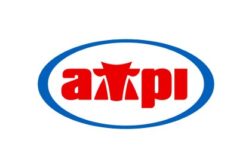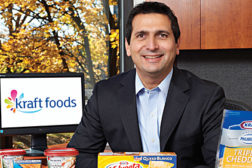Dairy Processor News
Award-winning dairy processors
Kraft Foods is the 2011 Dairy Processor of the Year
The cheese processor is energizing old school brands like Philadelphia and Velveeta, developing new foods and formats, and adopting manufacturing practices that save natural resources.
December 1, 2011
Stay ahead of the curve. Unlock a dose of cutting-edge insights.
Receive our premium content directly to your inbox.
SIGN-UP TODAYCopyright ©2024. All Rights Reserved BNP Media.
Design, CMS, Hosting & Web Development :: ePublishing



